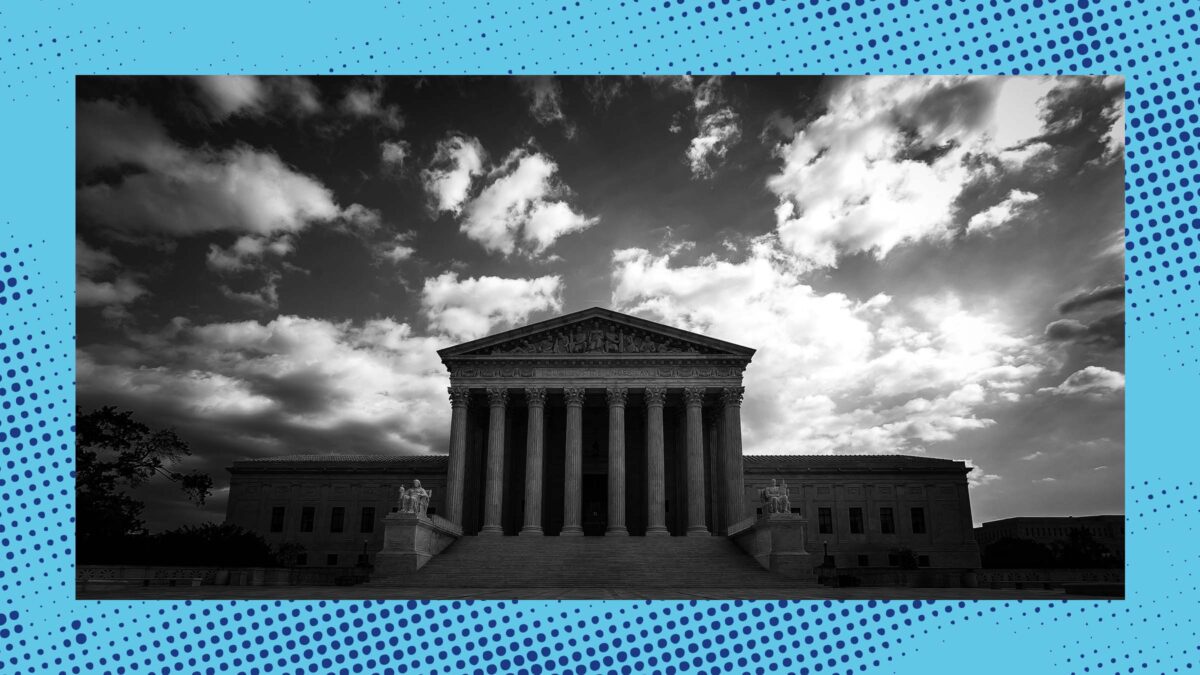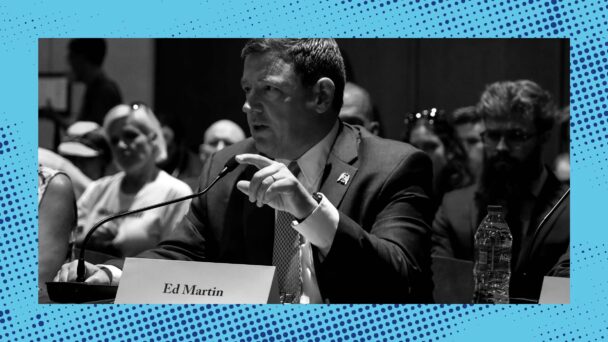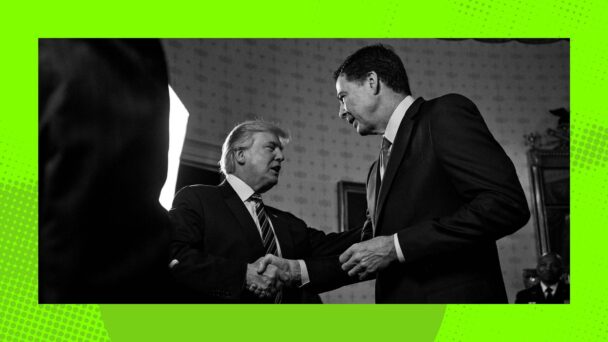Last August, 84 days before the 2024 presidential election, Alabama Secretary of State Wes Allen announced the launch of a “Process to Remove Noncitizens Registered to Vote in Alabama.” Allen claimed that he’d identified 3251 people to whom the federal government had issued noncitizen identification numbers but who were nonetheless registered to vote in Alabama. He directed the state’s Board of Registrars to block them from voting, and handed over their names to the state attorney general for possible prosecution.
There were just a couple problems with this: Removing people from voter rolls within 90 days of federal elections is illegal, and at least 2074 of the people on Allen’s list were, in fact, citizens eligible to vote.
The U.S. Department of Justice sued in September, challenging the state’s removal program under the National Voter Registration Act. And in October, a federal district court issued a preliminary injunction ordering Alabama to stop implementing the program until after the 2024 election. But on Friday, March 14, the Department of Justice—under new management—voluntarily dismissed the case.
“This Administration supports the efforts of states like Alabama that engage in voting security measures that ensure only citizens are voting in our elections,” said Mac Warner, Deputy Assistant Attorney General of DOJ’s Civil Rights Division. Dismissal, he continued, would allow Alabama officials to “secure the vote for their citizens,” ignoring the fact that these “security measures” would disenfranchise at least 2000 of them.
United States v. Alabama is only the latest of many democracy-related lawsuits that new leadership is kicking to the curb. Earlier this month, for instance, the DOJ voluntarily dismissed all of its claims in League of United Latin American Citizens v. Abbott, a lawsuit which alleged that Texas lawmakers adopted electoral maps with the intent and effect of discriminating against Latino and Black voters. On January 28, it voluntarily dismissed United States v. Virginia, another case where a state purged citizens from its voter rolls within 90 days of an election. And days before that, it withdrew its motion to participate in oral argument in Louisiana v. Callais, a Supreme Court case about whether lawmakers can consider race in redistricting to make sure Black voters have fair representation. Apparently, fair representation for Black voters is none of the DOJ’s concern.
The Justice Department’s abandonment of voters of color is sadly ironic because protecting voters of color is the reason why the Justice Department exists in the first place. The Reconstruction Amendments, adopted after the Civil War, charged the federal government with both freeing enslaved people and, crucially, guaranteeing their freedoms thereafter. Since enforcing this commitment to enfranchising Black people required a massive amount of litigation, in 1870, Congress passed a law establishing a new Department of Justice to do this work. “There is a deplorable state of affairs existing in some portions of the south demanding the immediate attention of Congress,” said President Ulysses S. Grant, urging the legislature to act to secure the “protection of life and property” of Black Americans.
Trump’s Justice Department is much more interested in violating voting rights than protecting them. And by running away from its original mission, the DOJ is exacerbating other legal threats to the right to vote. The Supreme Court has spent decades chipping away at the protections of the Voting Rights Act, and at least two justices—Neil Gorsuch and Clarence Thomas—have expressed openness to holding that regular people cannot sue under the Voting Rights Act, and must rely on federal enforcement alone. This is yet another prong in the conservative movement’s war on multiracial democracy: If the federal government is run by Trump appointees who simply choose not to enforce the law, then voters of color are out of luck.
The denial of Black civil rights was the first problem the Department of Justice was supposed to address. Under Trump, it’s become part of the problem instead.






